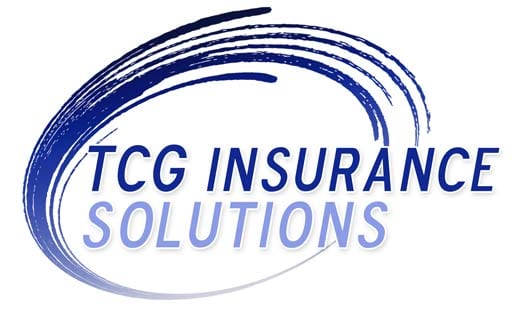Image via Pexels
Guest Blog Post by Denise Long of Grandmothering.info
Your First Investment Property
So you’re thinking about buying your first investment property. Good. The market doesn’t wait, and neither should you. But if you’re treating this like buying your own home, you’re already off-course. This isn’t about Pinterest boards or quartz countertops. It’s about planning—tight, smart, maybe even a little boring planning—that sets up your future cash flow. So let’s get into it. No fluff. Just what you actually need.
Define What Success Looks Like
Before you browse a single listing or flirt with Zillow, sit down and decide what you want this property to do for you. Are you looking for monthly income? Long-term appreciation? Tax strategy? Each answer points you in a different direction. A duplex in a stable school district might be perfect for steady tenants and minimal drama. A downtown condo? More turnover, more maintenance, more hustle. If you don’t define your goals early, the property will define them for you—and that usually means stress and regret. Cut through the noise by thinking like a real estate investor. You’re not shopping. You’re selecting a tool.
Get Insurance That Knows Your ZIP Code
You didn’t buy this investment property to gamble. You bought it to grow something—income, equity, leverage. And one uninsured fire, flood, or burglary can wipe it all out in minutes. Homeowner’s insurance for rentals isn’t optional. And in places like Kansas or Missouri, you want local expertise that understands the specific risks and regulatory quirks. That’s where TCG Insurance Solutions steps in. They help first-time buyers and seasoned investors alike navigate policies that protect income-producing properties. Think bundled coverage that matches your budget but also knows where the real risk lives. Don’t cheap out. Insure smart on your investment property.
Know Your Financial Buffer Zones
Underestimating your costs is the fastest way to bleed money and motivation. Most first-timers look at the down payment and mortgage and call it a day. Big mistake. You’ll need reserves. For vacancy. For repairs. For taxes that jump unexpectedly. For the tenant who vanishes mid-lease. Run the math with a worst-case lens, not a rose-colored one. Before you even call a realtor, get real about your cash position. How much can you afford if nothing goes right for the first six months? The ability to budget wisely before buying doesn’t just protect your finances—it keeps your confidence intact when stuff inevitably breaks.
Don’t Cut Corners on Critical Hardware
No one thinks about pumps until the basement floods or the tenants call because the heat’s gone cold. And by then? You’re on the hook. Your reputation, your time, your checkbook—all of it takes a hit. That’s why it pays to keep replacement parts stocked or at least know where to get them quickly. Whether it’s for the boiler, radiant system, or general plumbing upkeep, sourcing a reliable circulation pump isn’t just about keeping water moving—it’s about avoiding emergencies before they knock on your door. It’s infrastructure insurance, and smart investors treat it that way.
Understand the Lending Landscape Early
Financing a rental property isn’t like getting a loan for a personal home. Lenders are more cautious. Rates are higher. Requirements are tighter. You might need a bigger down payment. You might have to show rental income from another property—or prove you can cover two mortgages if this one sits empty. This is where you slow down and study. Not just the lender’s website. Not just the rate. Study what kind of loans exist for investors, what documents you’ll need, what the bank is actually looking for when they screen your application. Being fluent in available financing options makes you a stronger buyer and a far less anxious one when you’re deep in the process.
Handle Tenants With Systems, Not Stress
Let’s talk tenants. It’s easy to focus on the building and ignore the humans inside it. But tenants make or break your investment. Choose the wrong ones, and suddenly your cash cow becomes a cash pit. Screen thoroughly. Verify income. Check references. But also, don’t treat them like an enemy. Communicate clearly. Set expectations early. Respect matters. And don’t wing it on lease agreements—get them reviewed. If you’re stuck on how to handle it all, pull from expert strategies for first-time property owners that are rooted in real-world experience. The goal isn’t just to get a lease signed. It’s to keep that lease happy, quiet, and renewably profitable.
Here’s the truth: your first investment property will teach you more than any YouTube video or seminar ever could. But if you walk in with clarity, reserves, rhythm, and the right support network, you’ll survive the hard months and thrive in the good ones. Set goals before spending. Pad your budget. Learn your financing options like they’re part of the deal. Plan your maintenance like your margins depend on it—because they do. Treat tenants like partners. Treat your infrastructure like a business asset. And insure like you’ve got something to lose. Because now? You do.


